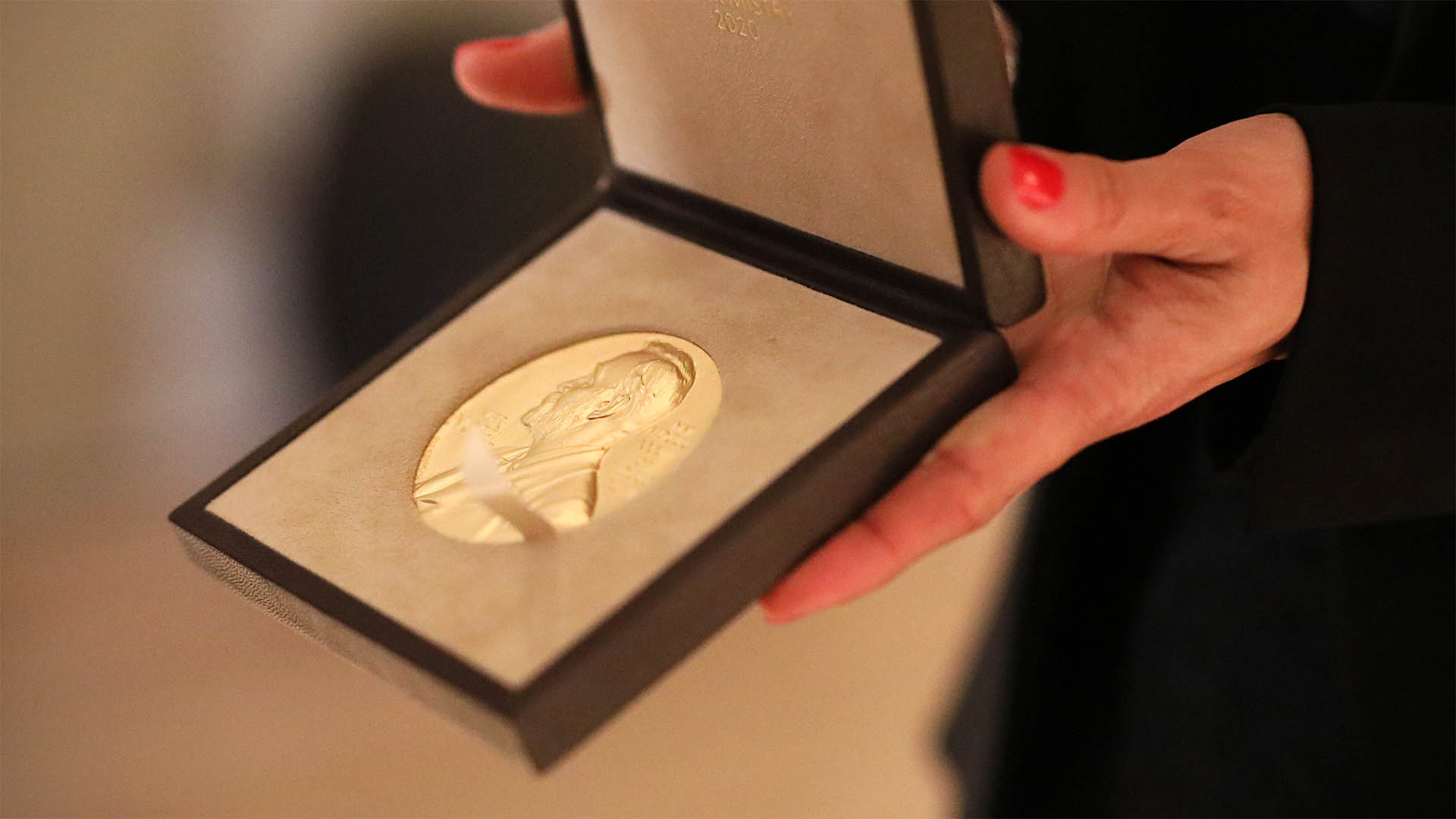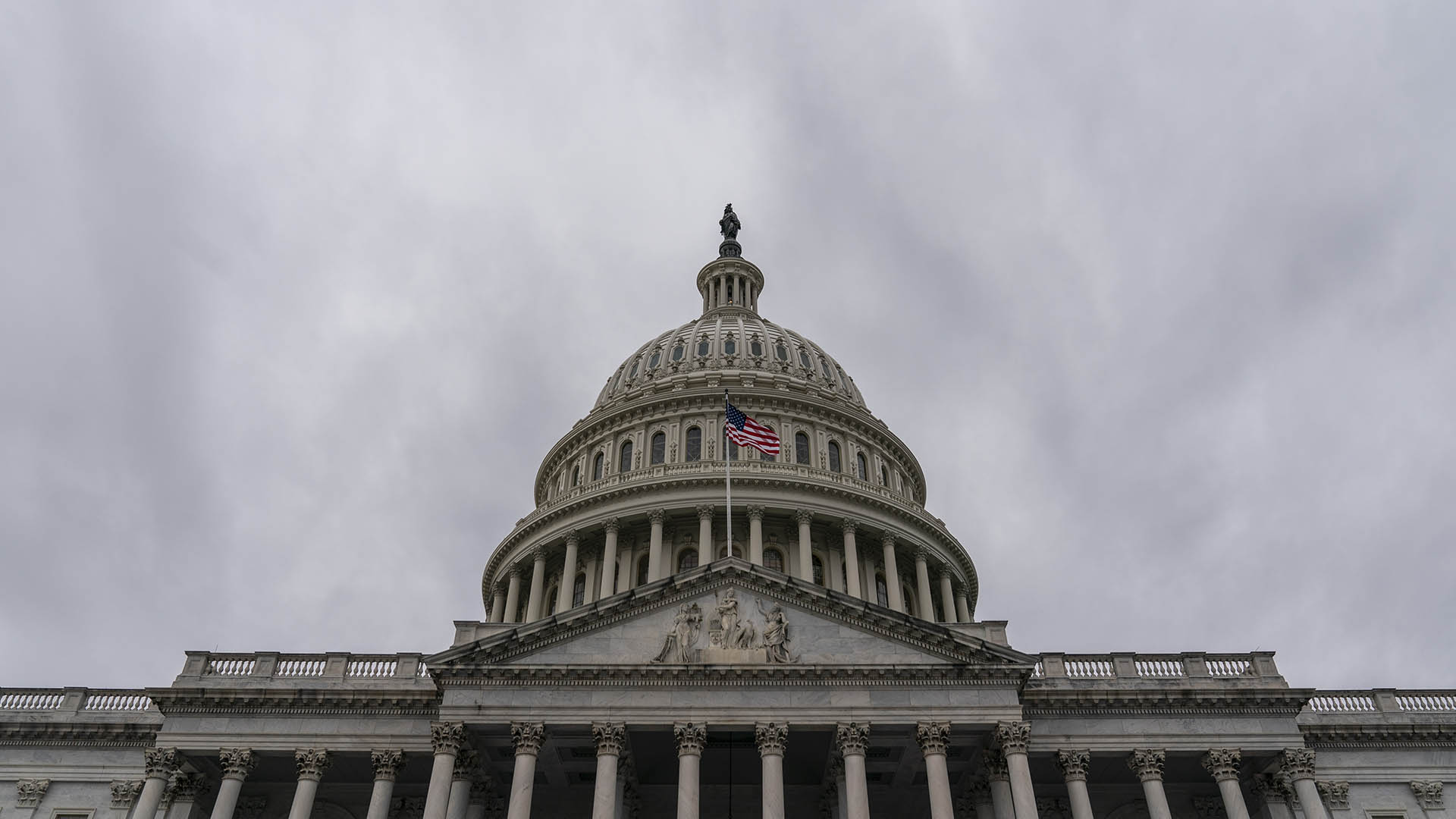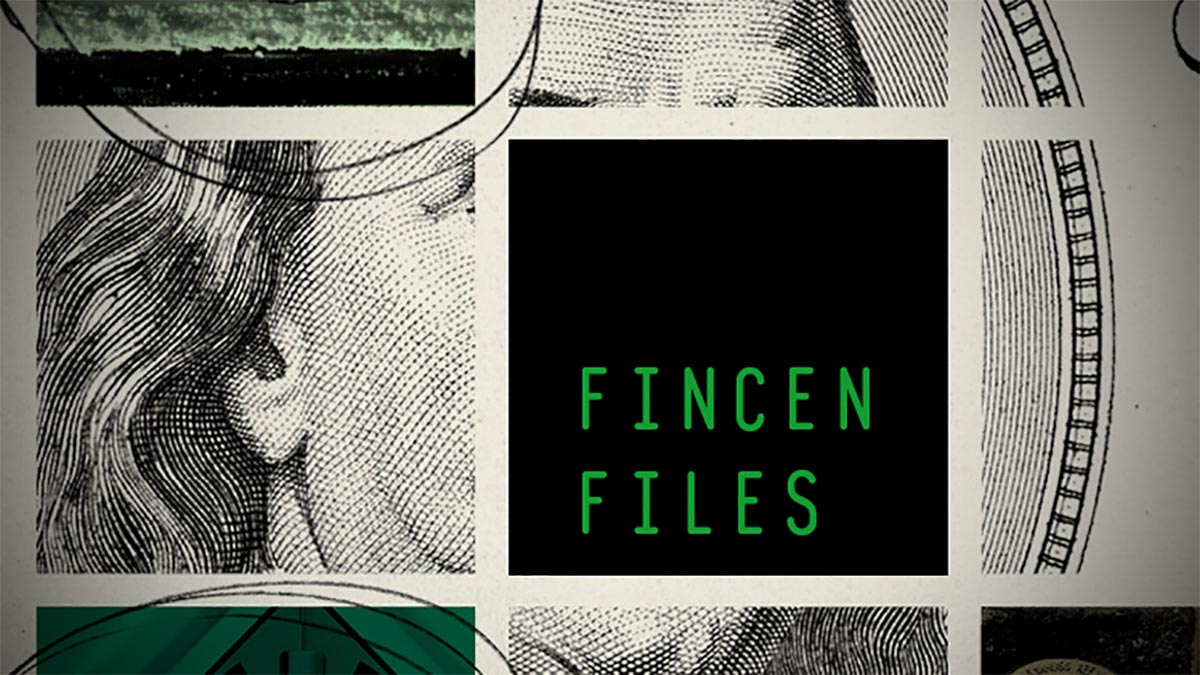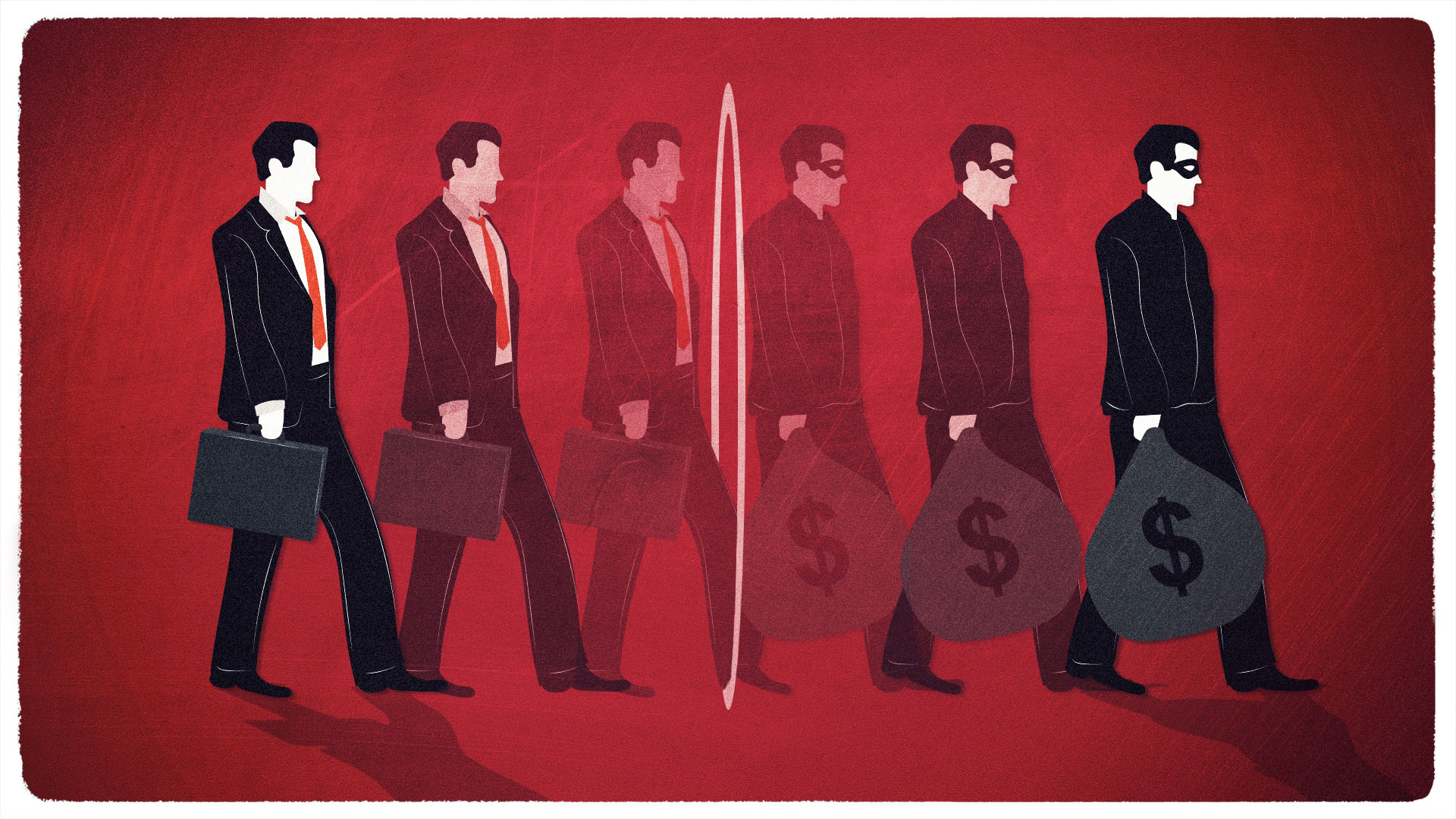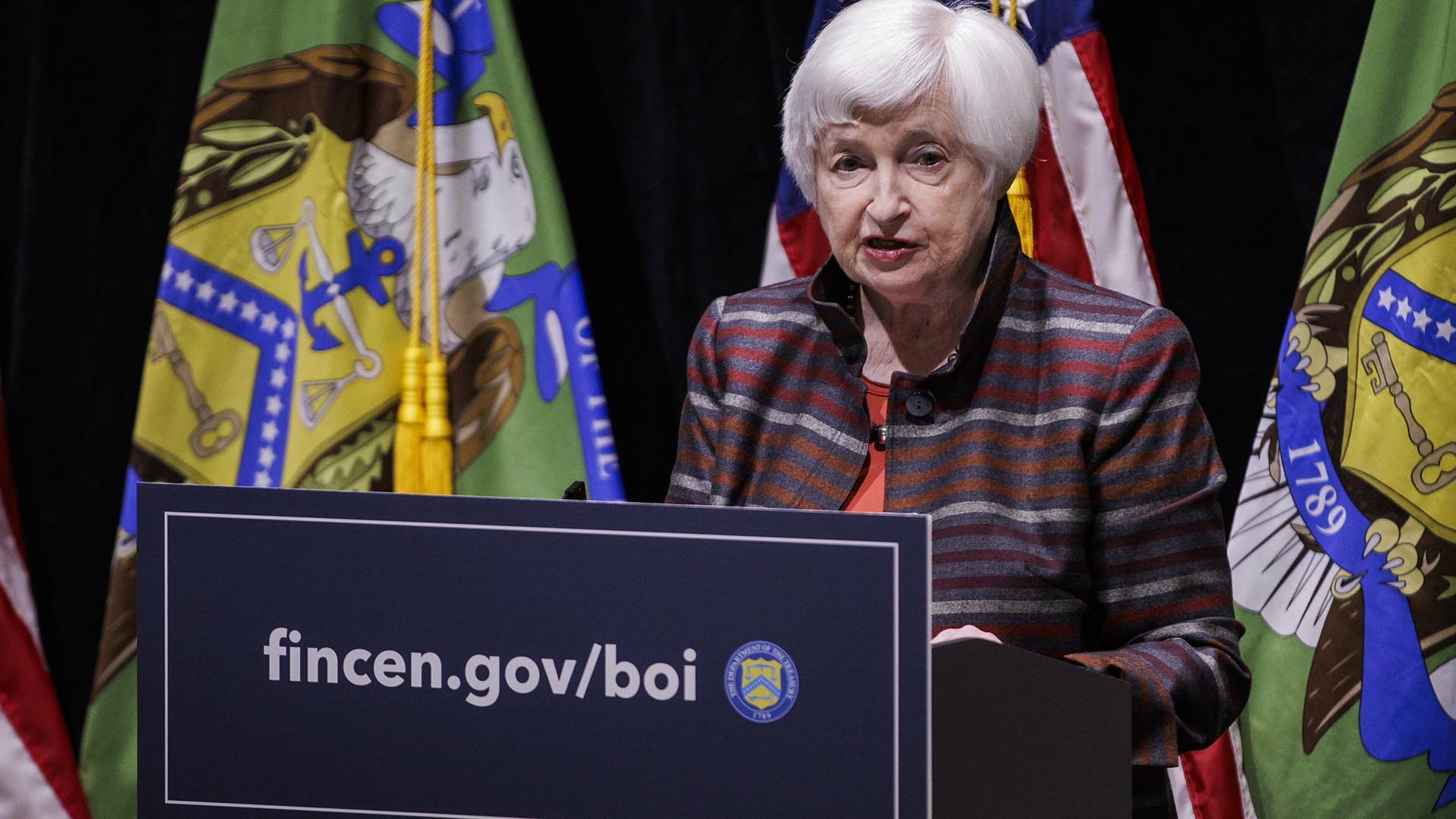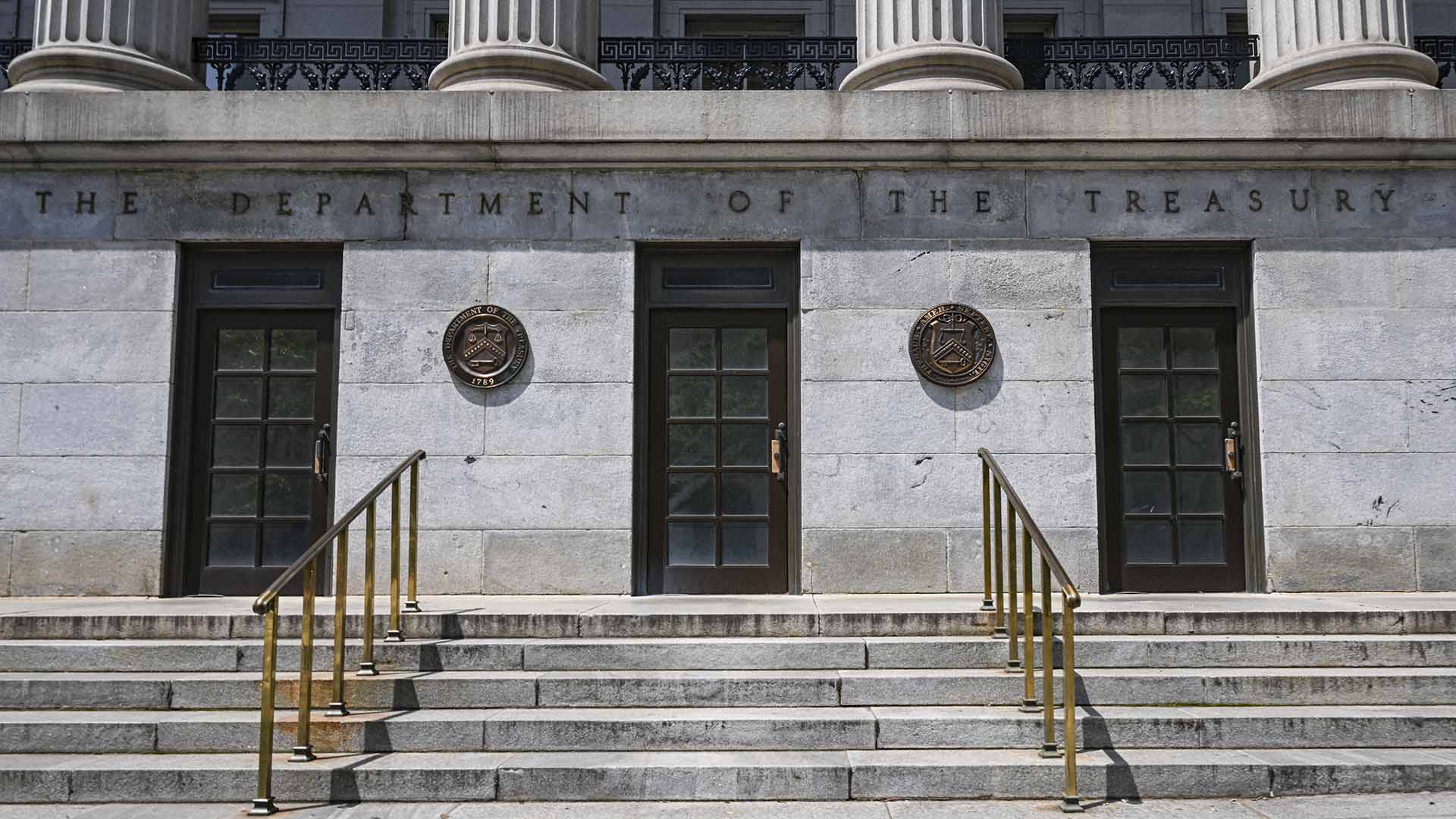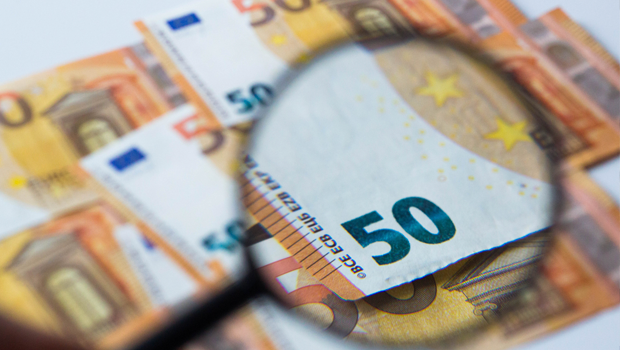Three Norwegian lawmakers have nominated the International Consortium of Investigative Journalists and the Global Alliance for Tax Justice for a Nobel Peace Prize, citing the organizations’ “success in building global alliances” to increase transparency in the global financial system.
“The outstanding work of the ICIJ to expose illicit flows, and the mammoth achievement of the GATJ to build national and international pressure for accountability and fair taxation — warrants attention, recognition and support,” the letter says. “They are, independently and by different means, trailblazers in creating a world where financial incentives for conflict, wars, human rights abuses and violence are non-existent. These courageous journalists and civil society organizations play a critical role in documenting corruption and Illicit flows, often while putting their lives in peril in the process.”
ICIJ, based in Washington, D.C., is a nonprofit newsroom that works closely with global media partners to report on corruption and other abuses of power. The nomination recognizes nearly a decade of ICIJ investigations that have revealed widespread abuses of offshore havens by oligarchs, political elites and criminal groups, and the role that global banks and other Western institutions play in enabling money laundering and tax dodging.
These include FinCEN Files, which published in September with BuzzFeed News and other media partners in more than 80 countries, and Panama Papers, ICIJ’s 2016 Pulitzer Prize-winning investigation, which sparked new laws and criminal investigations around the world.
“The first step towards stopping that which is hidden, is to shine a light on it. As a network of journalists the ICIJ has through unique and demanding investigative journalism exposed the unfathomable extent of hidden financial activity,” the letter says.
The Global Alliance for Tax Justice is an umbrella group representing hundreds of organizations that advocate for greater transparency in the global financial system and fight tax avoidance, which, the group says, “distorts economies, undermines democracy and deprives people of the vital public services we need to live.”
The Nobel Peace Prize is arguably the most prestigious award in the world. Winners are chosen each year by a committee selected by the Norwegian parliament. Past winners have included pro-democracy advocates, organizations that fight disease and hunger and political leaders who have brokered peace agreements.
Each year the Norwegian Nobel Committee weighs hundreds of nominations, which were traditionally kept secret, but are now often sent to the press. Norwegian media partner Aftenposten shared the ICIJ and Global Alliance for Tax Justice letter with ICIJ. Nominations can come from many different people, but most winners in recent years were nominated by members of the Norwegian parliament, Reuters reports.
The signatories of the ICIJ-GATJ nomination include members of parliament from three prominent parties. Kari Kaski, of the Socialist Left Party, is an influential name in Norwegian politics, and is a long-time critic of the offshore secrecy industry. Marrianne Marthinsen is a member of the Labor Party, the major party on the left wing, and has written a book about tax evasion. Tore Storehaug is a member of the Christian Democratic Party, part of the center-right governing cabinet.
Other 2021 nominees, according to news reports, include the press freedom advocates Committee to Protect Journalists, jailed Russian opposition leader Alexei Navalny and U.S. voting rights champion Stacy Abrams.
The nominating letter points to work ICIJ and the Global Alliance for Tax Justice have done to show how the offshore system really works, and the harm that often follows.
“Secrecy in the global financial system poses a constant threat to peace and stability. It is also a powerful tool for kleptocratic elites and criminal organizations to perpetuate structural inequality, leading to conflict around the world,” the nominating letter states.
The COVID-19 crisis has brought “new urgency into the efforts to ensure financial transparency and to curtail illicit financial flow,” the letter says.
“The global pandemic has brought economic devastation to the poor and vulnerable around the world, destroying livelihoods, disrupting trade, and reversing social progress. Public finance through taxation has plummeted in the wake of the pandemic, and continues to be depleted through loopholes, unequal policies and lack of transparency,” the letter says.
ICIJ began investigating the offshore financial industry in 2011. Its first project on cross-border financial secrecy, which became known as Offshore Leaks, led to a series of other projects over nearly a decade that have exposed how public officials, global corporations and criminals use the offshore system to avoid taxes or hide illicit profits. Along with Panama Papers and FinCEN Files, these investigations include China Leaks, Luxembourg Leaks, Swiss Leaks, Paradise Papers, West Africa Leaks, Mauritius Leaks and, in early 2020, Luanda Leaks.
“We’re deeply honored to be nominated for this prize, and would like to thank MPs Kaski, Marthinsen and Storehaug for choosing to cast a spotlight on this global issue,” said ICIJ Director Gerard Ryle. “Every day, every week, every year we see the increasingly devastating impact of financial secrecy and the crime, corruption, inequality and injustice it enables and perpetuates. For our work to be acknowledged alongside the Global Alliance for Tax Justice shows just how important it is for all of us to keep working towards a fairer and more just world. This nomination is also a huge boost for our teams of journalists who continue reporting tirelessly — and often in complete secrecy — on new investigations that promise more groundbreaking revelations and, we hope, more positive change for the world.”
